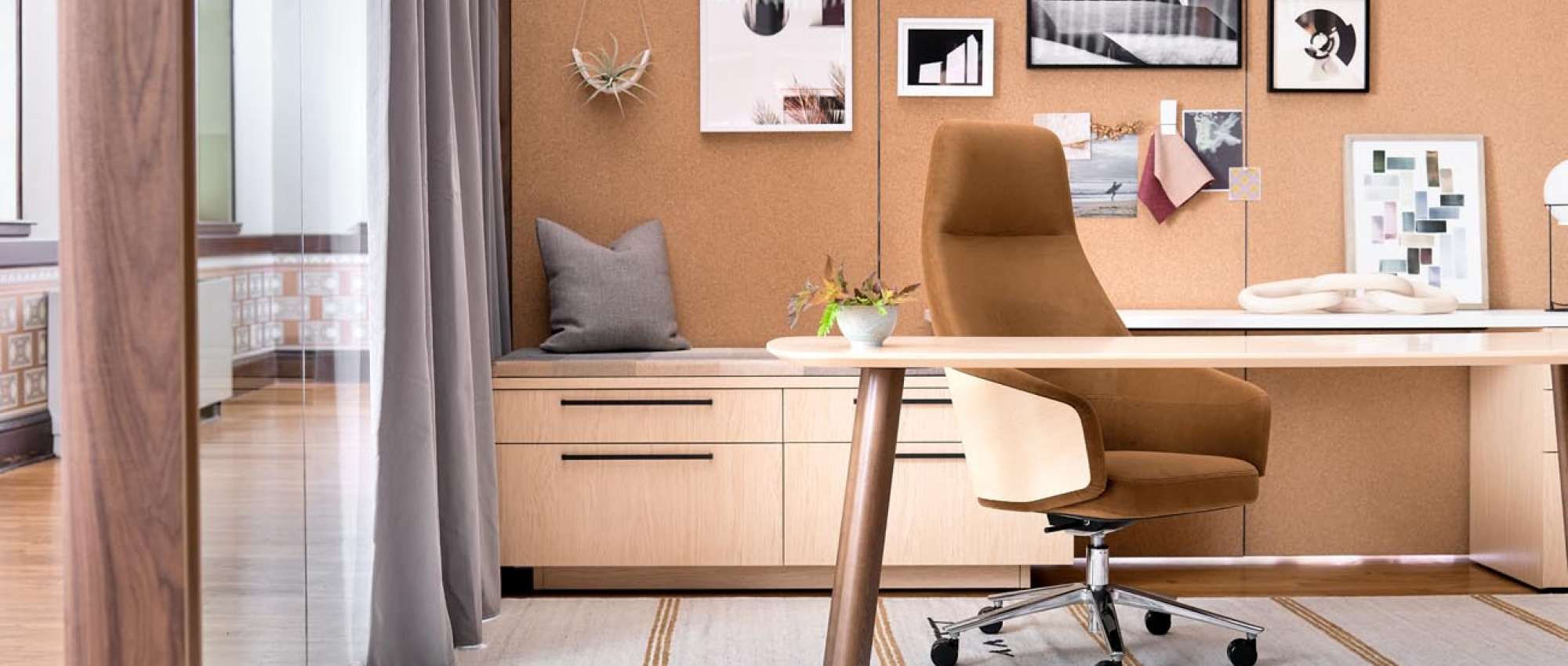Current workplace strategies are shifting to meet the needs of today’s hyper-connected and mobile workforce, finds a new report from global commercial real estate services and investment firm CBRE.
CBRE’s 2018 Americas Occupier Survey finds that 52% of corporate real estate (CRE) executives anticipate implementing some level of unassigned seating in the workplace within the next three years to promote space efficiency and flexibility. An even greater percentage — 59% — say they plan to enhance the employee experience through the introduction of mobile apps that help them to navigate the workplace and foster collaboration.
Julie Whelan, Americas head of Occupier Research, CBRE, pointed out:
The modern workplace is in a state of transition as workplace design standards have evolved from traditional layouts with a mix of enclosed and open workspaces. Flexibility over the life of a lease is one advantage to unassigned seating, as moves, adds and changes become significantly easier. Managing employees through this change is critical, so that the initiative is viewed as being additive to productivity and wellness instead of a pure cost-cutting measure.
Today, about three out of four companies operate with a traditional, assigned-seating environment, the CBRE survey found. However, the survey respondents see their space plans changing dramatically over the next three years. A full 38% said they anticipate going to a partially unassigned seating environment, while 14% expect to adopt unassigned seating for everyone.
According to the report, other priorities for Americas executives in 2018 include preparing for the future workforce and the future corporate real estate team.
Future workforce
While design is an integral component of a workplace of choice, supporting employees’ personal lives at work through ease and convenience is part of the transformative role that real estate is expected to play. Among the most important employee offerings, companies indicated amenities (81%), flexible work structure (44%) and access to public transportation (39%) as integral to creating a sought-after experience.
In addition, the use of mobile apps to complement an employee’s experience at the office is expected to dramatically change — 59% anticipate implementing this technology in the next three to five years, compared to 23% using this technology today.
Excerpts from article by Brianna Crandall, FMLink.com
